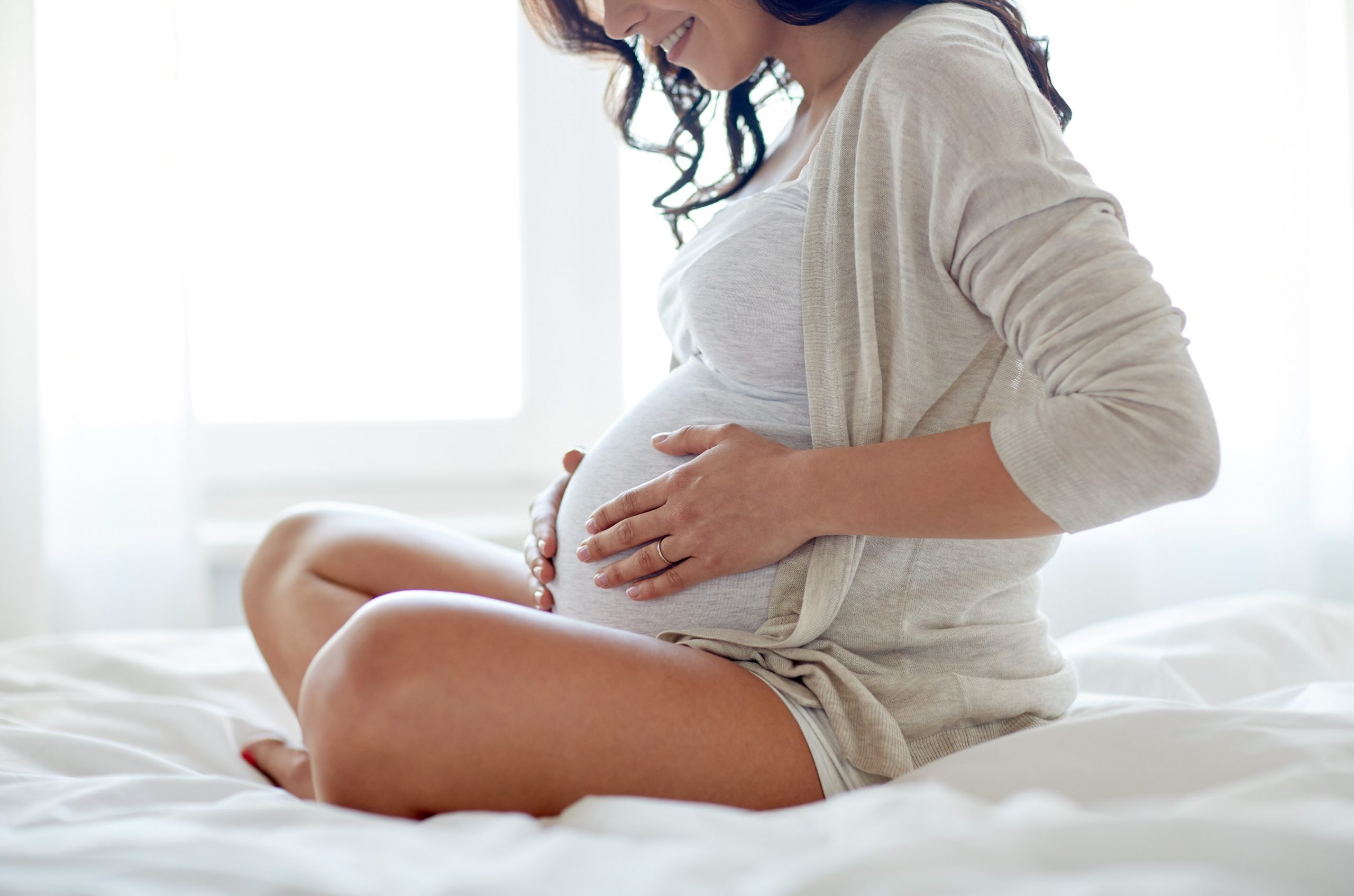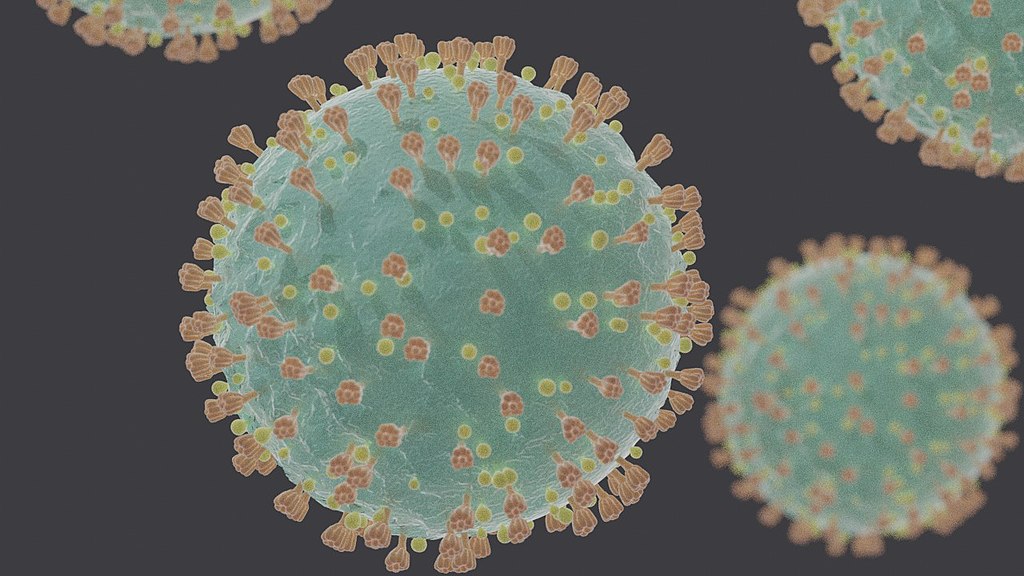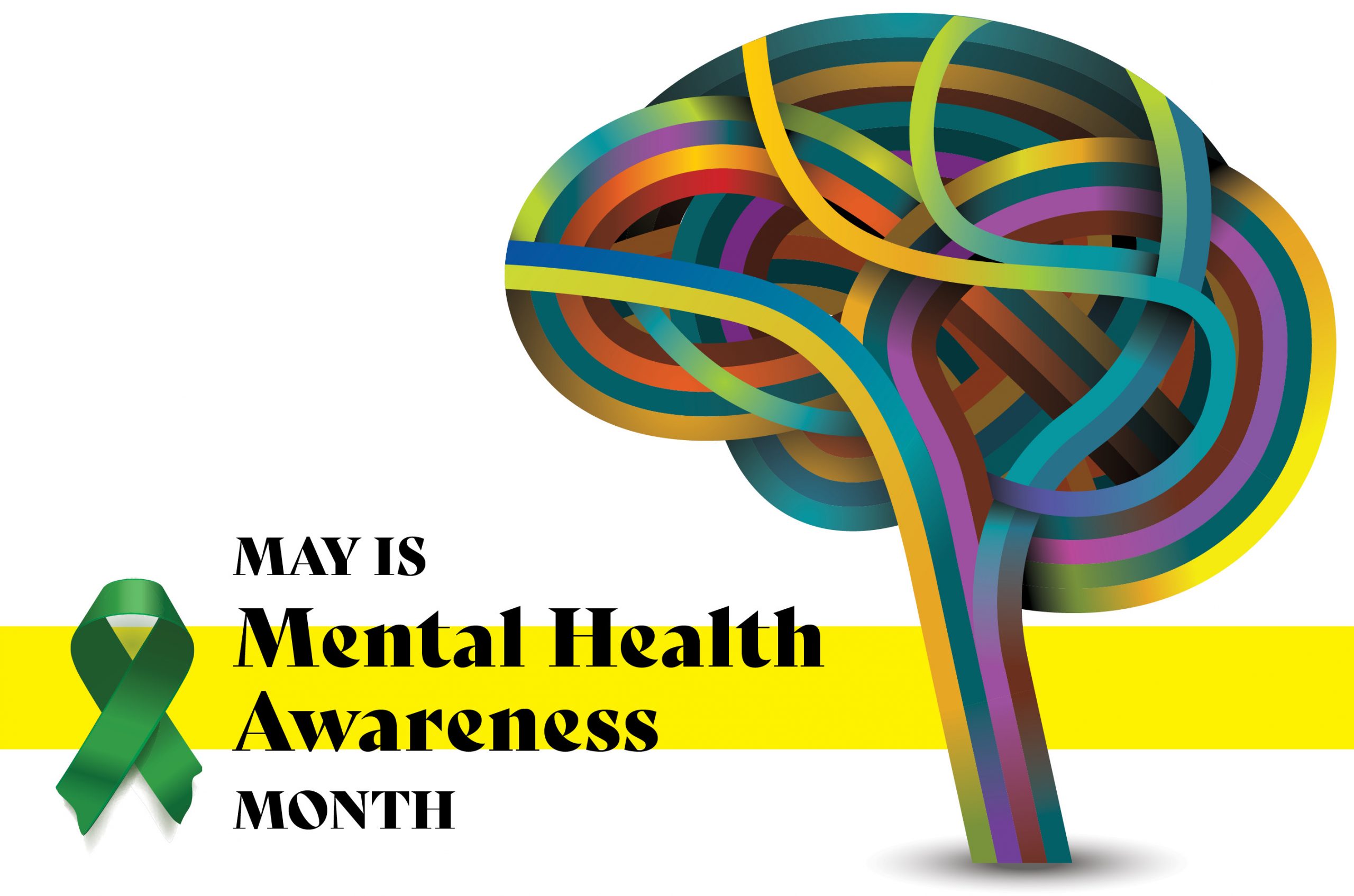Having a baby is physically challenging in the best of times, but what about during a global pandemic? Dr. Kia Lannaman, a SLUCare maternal/fetal medicine specialist, says women who are pregnant during the COVID-19 crisis should pay extra careful attention to staying well. As always, she says, prevention is the best medicine to help ensure a healthy delivery.
“Pregnancy definitely affects a woman’s immune system,” Lannaman says. “In general, her body has to switch to a decreased immune response so it doesn’t see the unborn baby as foreign. Also, as pregnancy advances, the mother’s lungs are pushed upward, which can make her more sensitive to breathing difficulties and upper respiratory infection.” She says the main concerns for pregnant women include significant breathing distress and pneumonia, so it’s very important for them to practice thorough handwashing and social distancing to prevent infection. Expectant moms who have asthma and autoimmune conditions also need to use extreme caution to avoid getting sick.
“Fever caused by the virus can range from mild to severe,” Lannaman says. “If you have a temperature of 103 or more that won’t go down, or you have breathing problems, you should be seen right away. While you’re at home, get plenty of rest, drink water often, and take Tylenol if needed. And even if your symptoms are mild, you should stay indoors.”
She adds, “I’d encourage all expectant moms to stay in close communication with their doctors during the outbreak. Their staff can give updated recommendations about safe office visits and changes in delivery protocols. Physicians and midwives are offering video or telephone appointments and reconfiguring waiting areas to keep patients at a safe distance from each other. If you can make a cloth face mask to wear when you have to go out, that’s recommended, too.”
Lannaman says researchers are working to collect data about the current outbreak to see how expectant mothers and their babies may be affected in the long run. “So far, we haven’t seen evidence that COVID-19 can be passed from mother to unborn child,” she says. “We should be able to gain a better understanding of the disease cycle over the next year.”
For more information about COVID-19 and pregnancy, talk to your doctor or visit cdc.gov.








